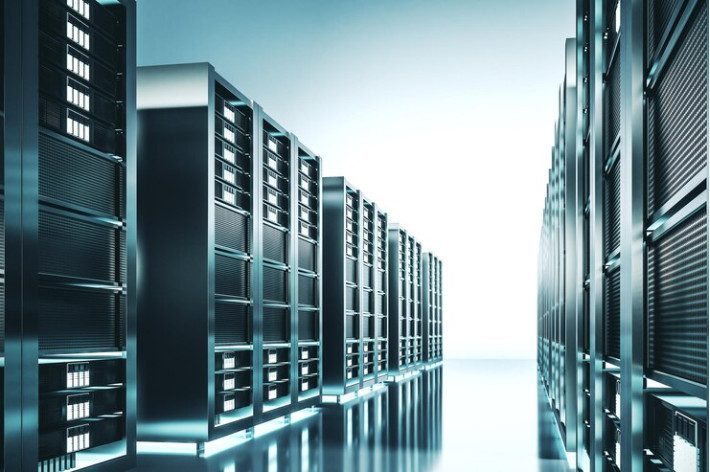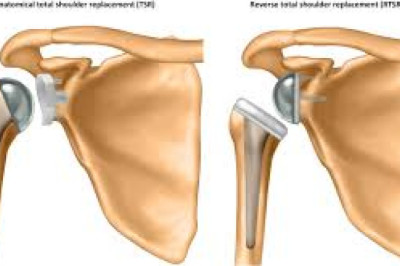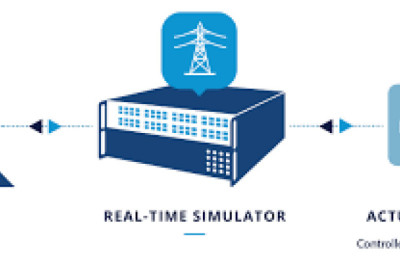views
Introduction to NAS Systems
In today’s digital age, data is king. Whether it's for personal use, small businesses, or large enterprises, managing and storing data efficiently has become a necessity. This is where Network Attached Storage (NAS) systems come into play. NAS systems are dedicated file storage devices connected to a network, allowing multiple users and devices to store and retrieve data from a centralized location. This blog post will guide you through the essential features to consider when choosing the right NAS system for your needs.
Importance of Choosing the Right NAS System
Selecting the right NAS system is crucial for ensuring data security, efficient storage management, and seamless access to your files. Without the right system, you could face data loss, slow performance, and compatibility issues. This guide will help you understand what features to look for, making the decision process easier and more informed.
Essential Features to Look for in a NAS Appliance
Storage Capacity and Scalability
One of the first things to consider when choosing a NAS system is its storage capacity. Determine how much data you currently need to store and consider future growth. Look for systems that offer scalable solutions, allowing you to add more storage as needed. This ensures your NAS can grow with your data needs.
Data Protection and Backup Solutions
Data loss can be catastrophic. A good NAS system should offer robust data protection features such as RAID configurations, which provide redundancy and improve fault tolerance. Additionally, backup solutions like automated backups and cloud integration are essential for ensuring your data is always safe and recoverable.
Remote Access and File Sharing Capabilities
In our increasingly mobile world, the ability to access your data remotely is vital. Choose a NAS system that offers remote access features, enabling you to retrieve and manage your files from anywhere. File sharing capabilities are also important for collaborative work environments, allowing multiple users to access and edit files seamlessly.
Performance and Speed Considerations
The performance of a NAS system is often measured by its read and write speeds. High-performance NAS systems can handle multiple tasks simultaneously, ensuring smooth operation even under heavy loads. Look for systems with powerful processors and ample RAM to meet your performance needs.
Compatibility with Different Operating Systems
Ensure the NAS system you choose is compatible with the operating systems used in your network. Whether you’re using Windows, macOS, or Linux, the NAS should seamlessly integrate with your existing environment. This ensures smooth operation and easy file transfers.
Security Features
Data security is paramount. Look for NAS systems that offer robust security features such as encryption, user access controls, and secure data transfer protocols. These features protect your data from unauthorized access and cyber threats.
User Interface and Ease of Use
A user-friendly interface makes managing your NAS system much easier. Look for systems with intuitive dashboards and easy-to-navigate menus. This ensures that even users with limited technical knowledge can effectively manage their data storage.
Case Studies: Real-World Scenarios of NAS Implementations
Small Business Scenario
A small marketing agency implemented an enterprise NAS storage system to centralize their data storage. By choosing a system with scalable storage and robust backup solutions, they ensured their growing data needs were met while protecting against data loss. Remote access features allowed their team to work efficiently from various locations, enhancing productivity.
Home User Scenario
A home user wanted a reliable way to store family photos and videos. They chose a NAS system with ample storage capacity and user-friendly interface. The system’s remote access feature allowed them to share memories with family members across the globe, while data protection features ensured their precious memories were safe.
Enterprise Scenario
A large enterprise needed a high-performance NAS system to handle massive amounts of data. They opted for a system with powerful processors, extensive RAM, and advanced security features. This ensured fast data access, smooth operation, and robust data protection, meeting the demanding needs of their business operations.
Conclusion
Choosing the right NAS system is essential for efficient data management, protection, and accessibility. By considering factors such as storage capacity, data protection, remote access, performance, compatibility, security, and usability, you can find a NAS system that perfectly suits your needs.












